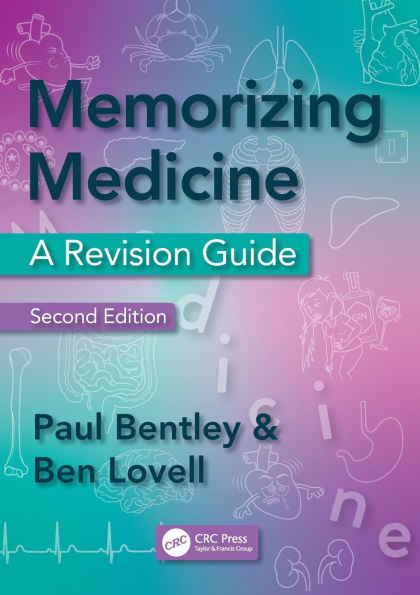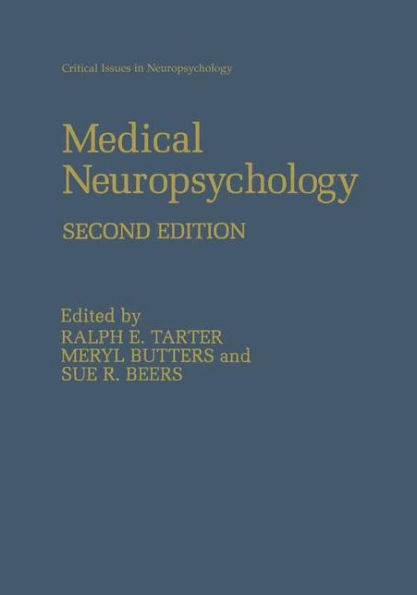Home
Fundamentals of Machining Processes: Conventional and Nonconventional Processes, Second Edition / Edition 2
Barnes and Noble
Fundamentals of Machining Processes: Conventional and Nonconventional Processes, Second Edition / Edition 2
Current price: $165.00


Barnes and Noble
Fundamentals of Machining Processes: Conventional and Nonconventional Processes, Second Edition / Edition 2
Current price: $165.00
Size: OS
Loading Inventory...
*Product information may vary - to confirm product availability, pricing, shipping and return information please contact Barnes and Noble
Completely revised and updated, this second edition of
Fundamentals of Machining Processes: Conventional and Nonconventional Processes
covers the fundamentals machining by cutting, abrasion, erosion, and combined processes. The new edition has been expanded with two additional chapters covering the concept of machinability and the roadmap for selecting machining processes that meet required design specification.
See What’s New in the Second Edition:
Explanation of the definition of the relative machinability index and how the machinability is judged
Important factors affecting the machinability ratings
Machinability ratings of common engineering materials by conventional and nonconventional methods.
Factors to be considered when selecting a machining process that meets the design specifications, including part features, materials, product accuracy, surface texture, surface integrity, cost, environmental impacts, and the process and the machine selected capabilities
Introduction to new Magnetic Field Assisted Finishing Processes
Written by an expert with 37 years of experience in research and teaching machining and related topics, this covers machining processes that range from basic conventional metal cutting, abrasive machining to the most advanced nonconventional and micromachining processes. The author presents the principles and theories of material removal and applications for conventional and nonconventional machining processes, discusses the role of machining variables in the technological characteristics of each process, and provides treatment of current technologies in high speed machining and micromachining.
The treatment of the different subjects has been developed from basic principles and does not require the knowledge of advanced mathematics as a prerequisite. A fundamental textbook for undergraduate students, this book contains machining data, solved examples, and review questions which are useful for students and manufacturing engineers.
Fundamentals of Machining Processes: Conventional and Nonconventional Processes
covers the fundamentals machining by cutting, abrasion, erosion, and combined processes. The new edition has been expanded with two additional chapters covering the concept of machinability and the roadmap for selecting machining processes that meet required design specification.
See What’s New in the Second Edition:
Explanation of the definition of the relative machinability index and how the machinability is judged
Important factors affecting the machinability ratings
Machinability ratings of common engineering materials by conventional and nonconventional methods.
Factors to be considered when selecting a machining process that meets the design specifications, including part features, materials, product accuracy, surface texture, surface integrity, cost, environmental impacts, and the process and the machine selected capabilities
Introduction to new Magnetic Field Assisted Finishing Processes
Written by an expert with 37 years of experience in research and teaching machining and related topics, this covers machining processes that range from basic conventional metal cutting, abrasive machining to the most advanced nonconventional and micromachining processes. The author presents the principles and theories of material removal and applications for conventional and nonconventional machining processes, discusses the role of machining variables in the technological characteristics of each process, and provides treatment of current technologies in high speed machining and micromachining.
The treatment of the different subjects has been developed from basic principles and does not require the knowledge of advanced mathematics as a prerequisite. A fundamental textbook for undergraduate students, this book contains machining data, solved examples, and review questions which are useful for students and manufacturing engineers.


















